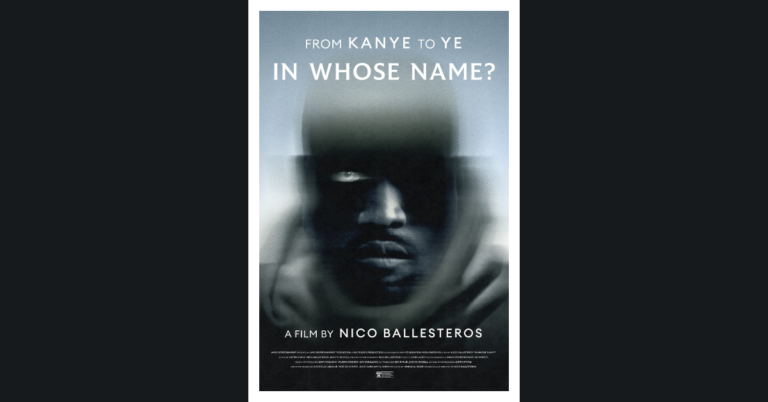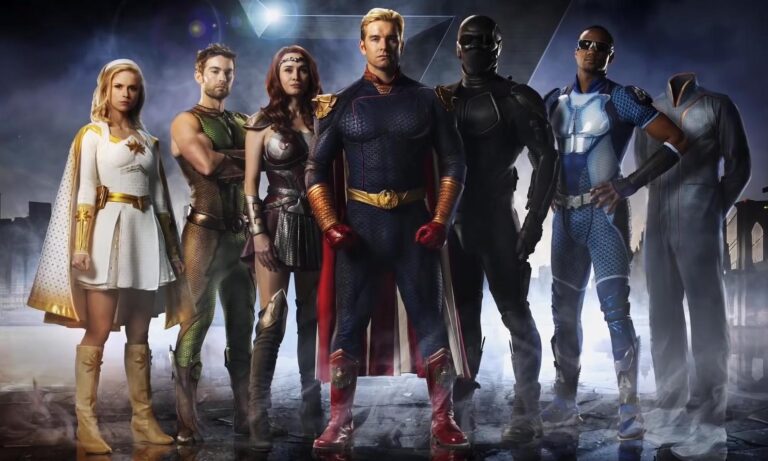Prince William: We Can End Homelessness Christian Review

Prince William’s documentary We Can End Homelessness sets out with a noble aim: to tackle a massive social issue in the UK that, sadly, isn’t confined to British borders. Homelessness is a heartbreaking problem across the globe, and it’s easy to see why a member of the royal family might want to address it. The show is polished, and Prince William is sincere. There are no obvious moments of insincerity; he seems truly invested in the people he’s talking to and in sharing their stories. This isn’t just some Hello!-style puff piece about his latest charity visit.
The two-part documentary takes on the ambitious goal of challenging assumptions about homelessness, attempting to show that it’s more than just people on the streets. Over two episodes, William talks to people in different situations: the veterans, the young people who fell through social safety nets, and individuals suffering from trauma and PTSD, like Vincent. The heart of the documentary is its approach to humanizing the homeless. Stories like Vincent’s remind us of the complexity behind these struggles, ones that often go ignored or misunderstood.
Beyond the Surface: Stories Worth Telling
For Christians, compassion is not just a nice idea—it’s a mandate. When Jesus talked about helping “the least of these,” He wasn’t referring to the easy, feel-good gestures but to the deeper work of understanding and aiding those in society who often go unseen. We Can End Homelessness taps into this call to empathy, showing us not just the faces but the painful, personal journeys of people whose lives have been marked by hardship and misfortune. Vincent, for example, suffers from PTSD after witnessing his mother’s death in a fire. His story, one of trauma and resilience, is a stark reminder that homelessness is not a one-size-fits-all issue.
And the stories don’t stop there. William meets people who defy the lazy stereotypes that often surround the homeless. These are real people dealing with complex problems, people who have been failed by more than just their own bad choices. There are reminders here that trauma, mental illness, or simply a lack of support can tip the scales for anyone, sending them into poverty, addiction, or homelessness.
The Faith Factor: Compassion in Action
What makes William’s involvement interesting from a Christian perspective is the connection between his position of privilege and his willingness to engage. Christianity places a heavy emphasis on humility, on serving others, and there’s something of that in William’s approach. You can sense that he’s genuinely moved, trying to relate on a human level. The documentary shows him listening, which might sound like a low bar, but it’s a meaningful thing for someone in his position. He’s willing to get close, to learn, and to respect people’s dignity in his interactions. There’s even a scene where Claudette Dawkins, who runs a canteen for the homeless, asks him to help serve food. He doesn’t quite jump in, but he doesn’t look too uncomfortable either. You get the sense that he’s trying to connect, even if he’s sometimes restrained by his position.
For Christians, this act of “bearing witness”—of sitting with someone in their pain or struggle—is a powerful ministry. But compassion in action goes beyond listening. Jesus called His followers to be active, not just sympathetic. We Can End Homelessness hints at this call to action, but it doesn’t quite embrace it. William stops short of rolling up his sleeves and joining Claudette in serving dinner or cleaning up. Instead, he remains a kind of observer, and perhaps that’s an unavoidable tension for someone in his position. The call for real transformation requires more than observation; it demands engagement, effort, and even sacrifice.
Missed Opportunities for Change
The show’s title, We Can End Homelessness, is ambitious—maybe overly so. The reality is that ending homelessness isn’t something that can be done through goodwill and sympathetic storytelling alone. As a Christian viewer, you might find yourself wrestling with the show’s lack of tangible solutions. William’s compassion and awareness are evident, but the documentary lacks the necessary steps for the deeper change it wants to promote. Where are the calls to action, the discussions on policy shifts, the conversations about affordable housing, or the accountability for government and community leaders?
There’s a certain tension between what the documentary aims to accomplish and what it actually delivers. Christianity emphasizes works alongside faith; it’s a theme throughout the New Testament. James 2:17 says, “Faith by itself, if it is not accompanied by action, is dead.” This documentary, while full of heart, doesn’t provide much of a roadmap for viewers inspired to take action themselves. The warmth is there, but the lack of direction feels like a missed opportunity to turn that warmth into fire—a passion for real change.
Reality vs. Royalty: The Challenge of Influence
The truth is, William’s position comes with limits. He can’t craft policy or influence elections. He can shine a spotlight on the problem, which is valuable, but it feels somewhat inadequate given the scale of the crisis. For Christians, there’s an element of frustration here. The Bible calls on believers to act as lights in the darkness, to effect change where they can. While William’s influence is vast, it’s clear that the real work must be done elsewhere. It falls on local churches, social services, and communities to carry the torch forward. That said, William’s advocacy isn’t without impact—it has the potential to inspire. But it’s up to the audience to take that inspiration and do something meaningful with it.
Final Thoughts: The Good, the Bad, and the Room for Growth
We Can End Homelessness is a compassionate attempt by Prince William to tackle a serious issue. The stories are powerful and the people unforgettable. And as Christians, watching it can feel like a call to examine our own attitudes towards the homeless, to look beyond stereotypes and see each individual as a child of God, deserving of respect, compassion, and dignity. The documentary’s biggest strength is its ability to challenge viewers to see people as they are, as complex, hurting, but hopeful souls.
But it’s hard to ignore the sense that the documentary stops just short of true depth. Compassionate understanding is a starting point, but without meaningful action, it risks becoming sentimentality. Christians are called to see suffering and meet it with mercy and action, and while We Can End Homelessness brings viewers close to the problem, it doesn’t go far enough to mobilize solutions.
Rating: 6/10






